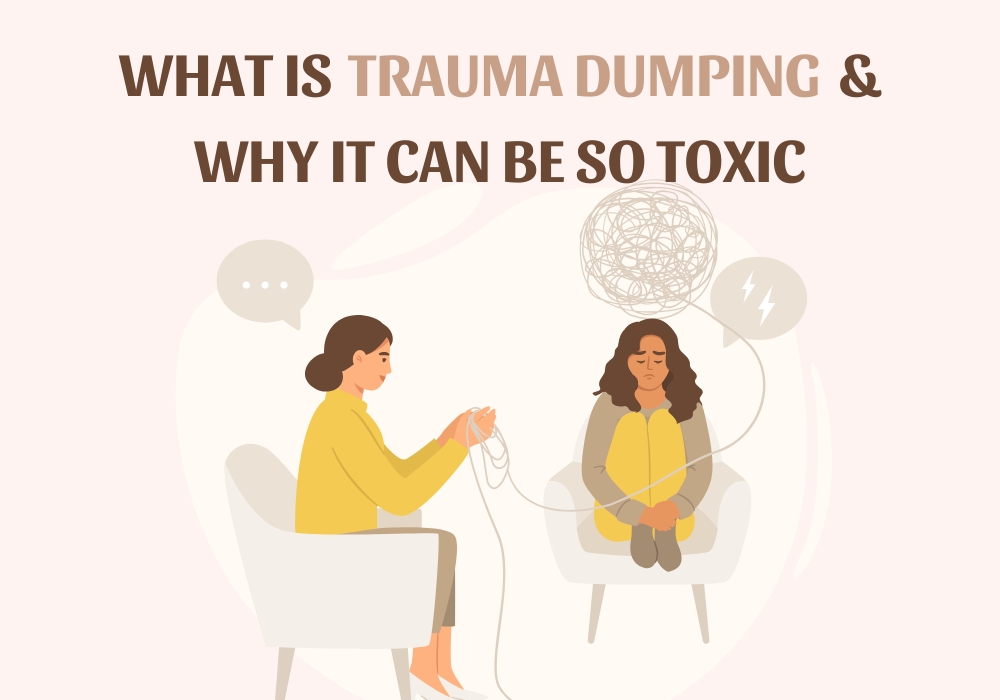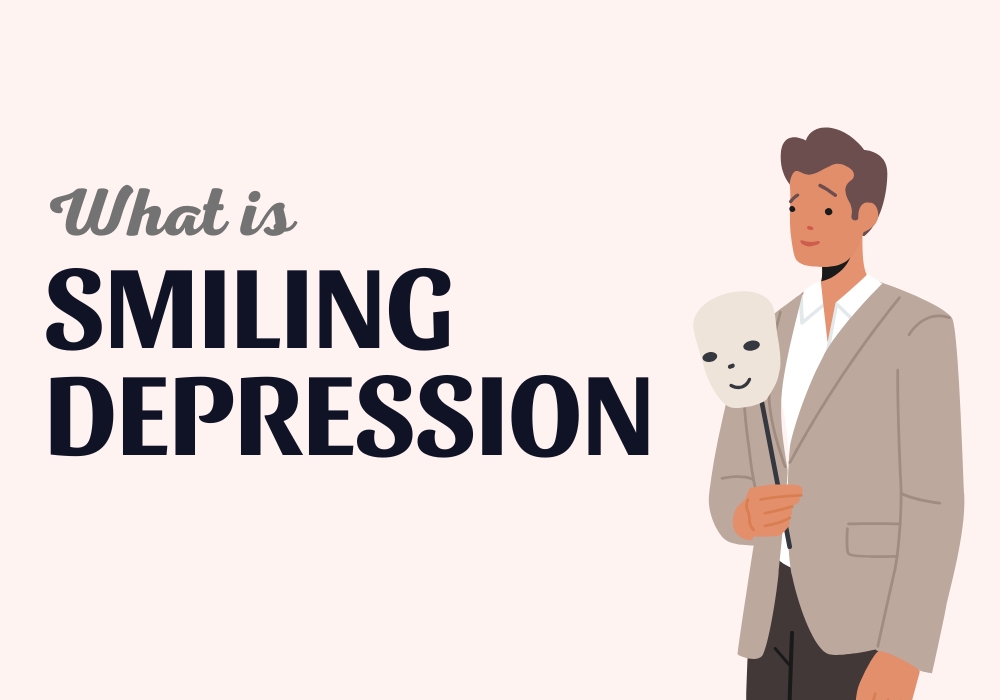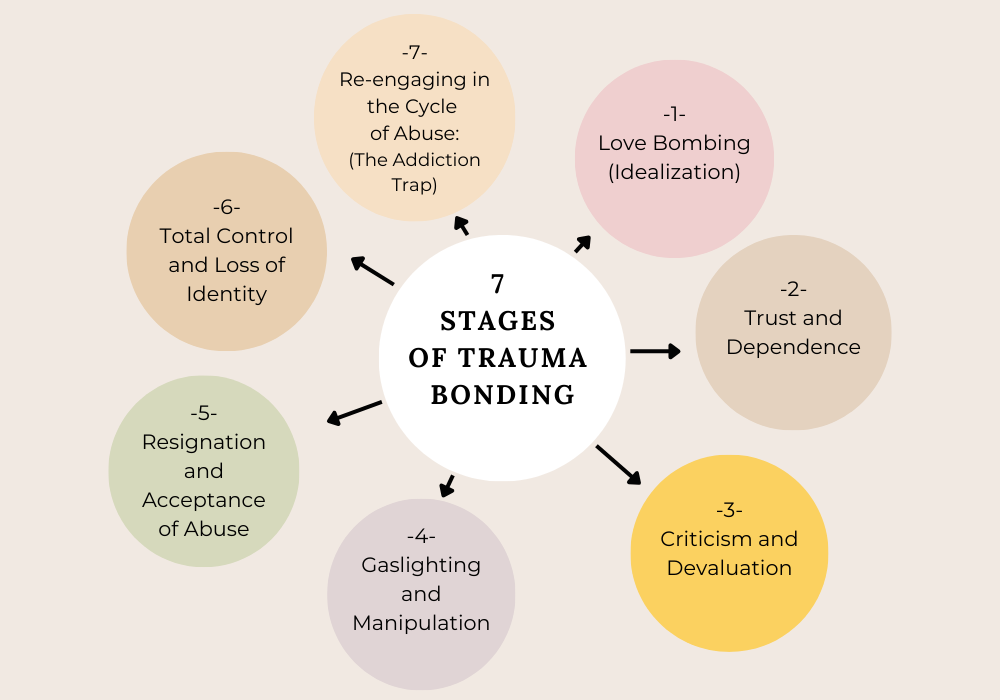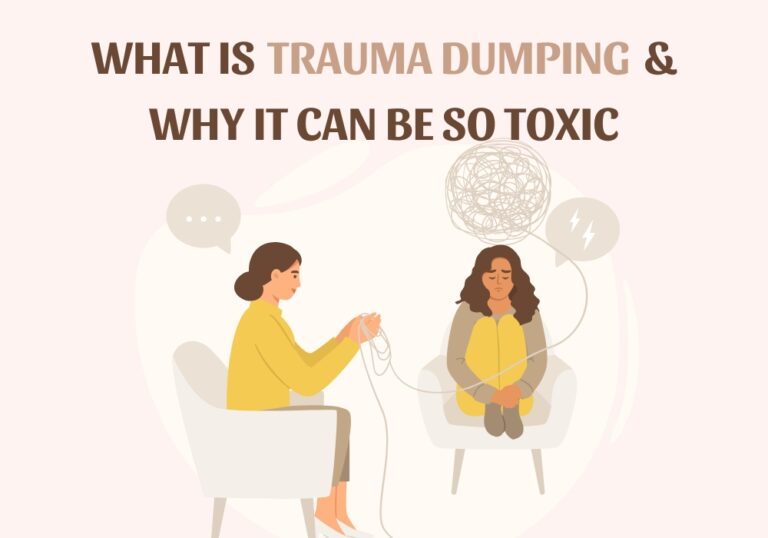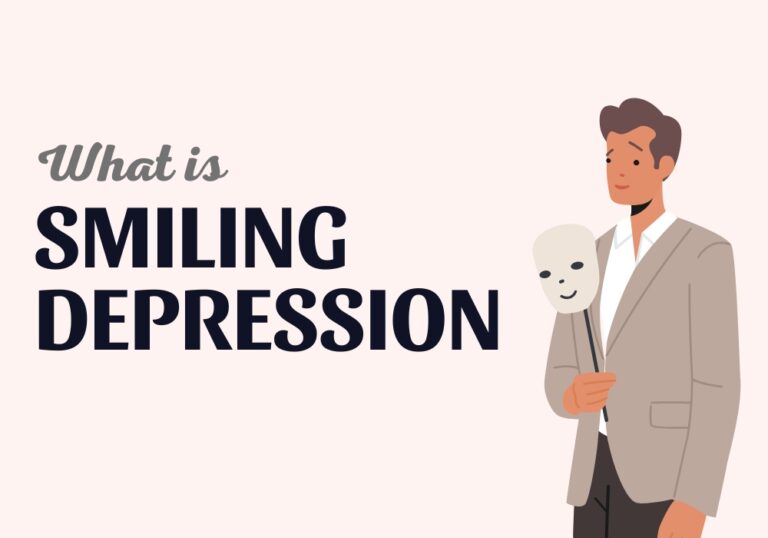Feeling blue is a familiar way to express feeling sad, down, or in a low mood. It’s an expression that captures a sense of melancholy or emotional heaviness. People often use this term to explain a temporary dip in mood without getting into specific details. This article will explore what feeling blue means, its connection to human experience, how it differs from depression, and practical ways to improve your mood.
What Does Feeling Blue Mean?
Feeling blue is a common phrase people use to describe feeling sad, down, or temporarily in a low mood. The word “blue” has become synonymous with feelings of sorrow or emotional distress, with many people saying they “feel blue” when they experience loneliness or a heavy heart. This phrase captures a universal experience—a moment when life’s colors seem muted, and our emotions weigh heavily on us.
The feeling of blue is an essential part of the human journey. Like a soft, sad melody playing in the background of our minds, it reminds us that life has its darker moments. Yet, these low points give contrast to our happiest times, adding depth to the human experience.
Feeling Blue vs Depression: Key Differences
There is a significant difference between feeling blue and experiencing depression. Feeling blue generally describes a temporary, mild sadness, often linked to a specific situation or a passing mood. Depression, however, is a prolonged period of deep sadness, hopelessness, and mental strain that interferes with daily life. Unlike the fleeting nature of feeling blue, depression involves a complex mix of genetic, biological, and environmental factors that require professional attention and a tailored approach.
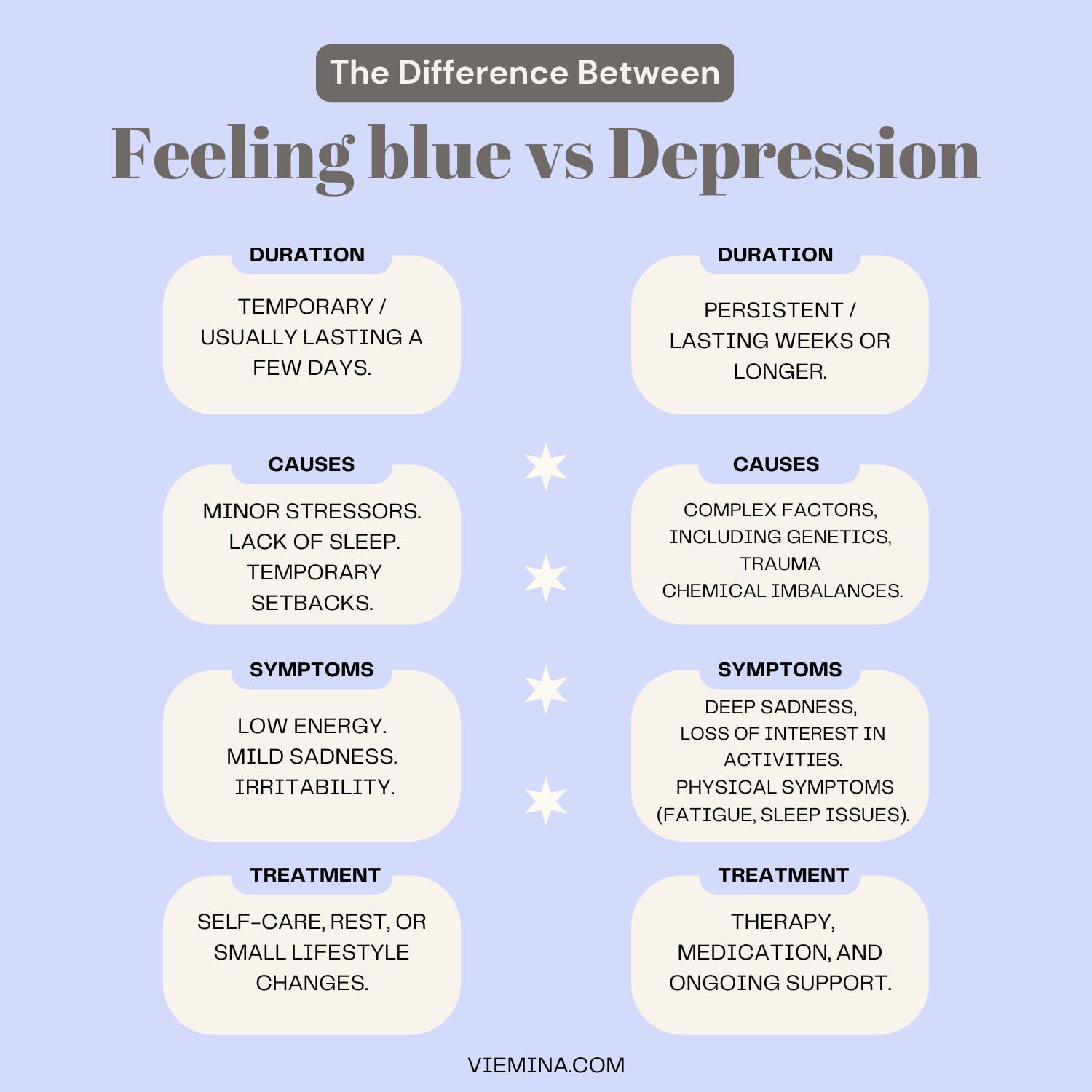
Related: Understanding The 8 Different Types of Depression
Related: Can Work Cause Depression?
Is It Normal to Feel Blue?
Yes, feeling blue is a natural and a common part of life. Every person experiences low moods at different points. This feeling often signals that something needs attention, whether it’s stress, loss, or another emotional challenge. Recognizing why you feel blue can be the first step toward positive change. While you can’t expect to be happy all the time, making a conscious effort to lift your spirits when you’re feeling down can go a long way. Remember, it’s okay to feel blue, but it’s also essential not to let it consume you.
16 Effective Ways to Cope When You’re Feeling Blue:
1-Remind yourself that you’re just having feelings:
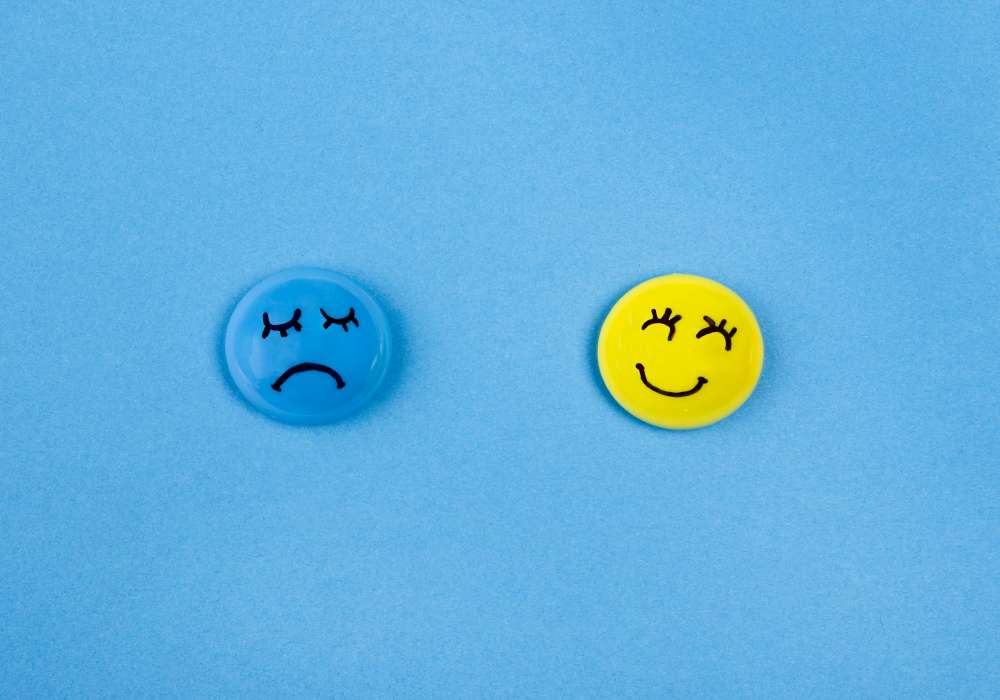 Remind yourself that you’re just having feelings / Feeling blue meaning
Remind yourself that you’re just having feelings / Feeling blue meaning
Remind yourself that feelings are transient, like passing storms. Acknowledge that your thoughts influence your emotions and that you can change them. Simply remember that these feelings will eventually fade away.
2-Make small changes in your routine:
Repeating the same activities can sometimes lead to feeling blue, which may apply to you as well. Embrace fresh endeavors, and new activities, and explore different approaches. This method occasionally proves effective in uplifting your spirits.
Related: 12 Easy Ways to Add More Variety to Your Routine & Lifestyle
Related:13 Tips To Create an Effective Daily Routine
3-Reflect on why you’re sad:
Reflecting on why you feel sad is a natural response to various life events and ongoing situations. Experiencing loss or facing setbacks can lead to sadness. Understanding the root cause of your sadness helps you begin to process the emotion and manage it effectively.
4-Spend time outside and enjoy nature:
 Spend time outside and enjoy nature
Spend time outside and enjoy nature
Going outdoors is an excellent way to uplift your mood. Simply being in nature can help reset your emotions. Spending time in natural environments has a positive impact on mental health.
Research suggests that spending time outdoors can improve mood and decrease stress. Additionally, being in the sun can lift your spirits and improve sleep by boosting serotonin levels. It can make you feel better overall.
5-Expand Your Joy:
 Expand Your Joy
Expand Your Joy
Think about the activities that bring you joy and make you feel uplifted. Spend more time doing activities you enjoy, like reading, drawing, gardening, cooking, or any other hobbies you like. Prioritize this time by scheduling it in your calendar to ensure that you include it in your day.
Related:10 Ways To Find Joy In The Little Things
6-Get Some Exercise:
 Get Some Exercise
Get Some Exercise
Exercise is a natural way to cope with stress, anxiety, and depression and improve your mood. When you raise your heart rate, it releases feel-good chemicals called endorphins, which help you see things more balanced and positively. Exercise also boosts creativity, making it easier to solve problems.
Setting aside even just 10 to 15 minutes can make a big difference and bring about positive changes.
7-Get a restful sleep:
 Get a restful sleep
Get a restful sleep
Sleep deprivation hurts emotions and performance. The psychological effects of lack of sleep can have a massive influence and significantly affect daily mood. So, it is important to prioritize rest and improve your sleep quality by establishing a relaxing bedtime routine.
You can relax by taking a warm bath, meditating, journaling, or just reading a book with a calming light and a scented candle. By implementing these strategies, you can enhance the quality of your sleep and feel more refreshed and alert during the day.
Related: Sleep Deprivation: Symptoms, Causes, & 10 Effects
Related: How to stop Insomnia?
8-Avoid alcoholic beverages and drugs:
 Avoid alcoholic beverages and drugs
Avoid alcoholic beverages and drugs
It’s best to steer clear of alcoholic beverages and drugs. Stay away from alcohol and drugs. They might make you feel better for a short time, but they can make depression worse and harder to treat.
Related: How to Break Bad Habits and Stop Your Addiction?
9-Surround yourself with positive and happy individuals:
 Surround yourself with positive and happy individuals- overcome feel blue
Surround yourself with positive and happy individuals- overcome feel blue
Engage in activities with optimistic individuals or groups as frequently as possible. Supportive people can often provide a fresh perspective and help you to less feeling blue.
10-Manage your stress level:
 Manage your stress level-overcome feeling blue
Manage your stress level-overcome feeling blue
It is important to acknowledge that stress can have a significant impact on our state of mind and well-being. To overcome feeling blue, it is advisable to avoid situations that may induce stress whenever possible. Additionally, organizing your day effectively and setting aside time for relaxation can help alleviate and prevent unnecessary stress.
Engaging in activities that bring you joy and uplift your spirits is also highly recommended. If you find yourself in a stressful situation, try taking a moment to step back and collect yourself. Sometimes, taking a deep breath and not reacting right away can stop tension and emotions from getting worse.
Related: Stress:10 Ways to Manage and reduce it
Related:8 Ways to Bust Stress in 5 Minutes
11-Ask for help:
Reach out to someone who cares about you and ask for their help. Just as helping others can make you feel better, asking for support gives someone else the chance to feel good too. It might be hard when you’re feeling down but just call or email them, knowing it can improve your mood and theirs too.
12-Make a success list:
 Make a success list / feel blue
Make a success list / feel blue
Feeling blue can be tough because it makes us think negatively about ourselves and the world. To counter this, try shifting your negative perspective with a success list. Maintain an ongoing record of the small (and significant) things that you are accomplishing. Witnessing the growth of your list will serve as motivation and help you maintain focus on the progress you are making.
“Unlock your most organized year yet with the 2025 Ultimate Life Planner Pro“
Related:15 Success Habits Of Successful People
13-Meditation:
A mild case of feeling blue can progress into full-blown depression, with the person sinking deeper into negative thoughts. Through disciplined meditation, you can elevate your mood effectively.
Meditation can be as powerful as medication in treating the blues. It helps you see and manage negative and self-critical thoughts that make depression worse. It instructs you to observe these thoughts without becoming entangled in them. Moreover, you can gain control over your thoughts and emotions, leading to more positive outcomes.
Related: How Meditation Will Change Your Life?
14-Talk!
If you talk about a problem, it will become easier to solve. Talking is not a sign of weakness but a positive reflection of self-improvement. Sharing your feelings can help deal with long-term problems and make you feel supported and less alone. Opening up can also encourage others to do the same.
15-Stargazing Activity:
 Stargazing Activity
Stargazing Activity
Allocate a night for observing the stars. The immensity of the universe can stimulate feelings of awe and assist in putting your concerns into perspective.
16-Minimizing Your Social Media Usage:
 Minimizing Your Social Media Usage / Feel Blue
Minimizing Your Social Media Usage / Feel Blue
Giving social media a break can help you feel happier because you won’t feel as much pressure to compare yourself to others. This can make life simpler and more enjoyable.
Related:8 Tips For Healthy Social Media Habits
Conclusion:
Feeling blue is a common part of life, and it often indicates that we need to slow down and check in with ourselves. By acknowledging this feeling and taking proactive steps, you can navigate these low moments with resilience and self-compassion.
Try implementing some of the strategies listed above—they can be effective tools in overcoming sadness and boosting your mood, ultimately helping you regain a sense of balance and joy in your life.





